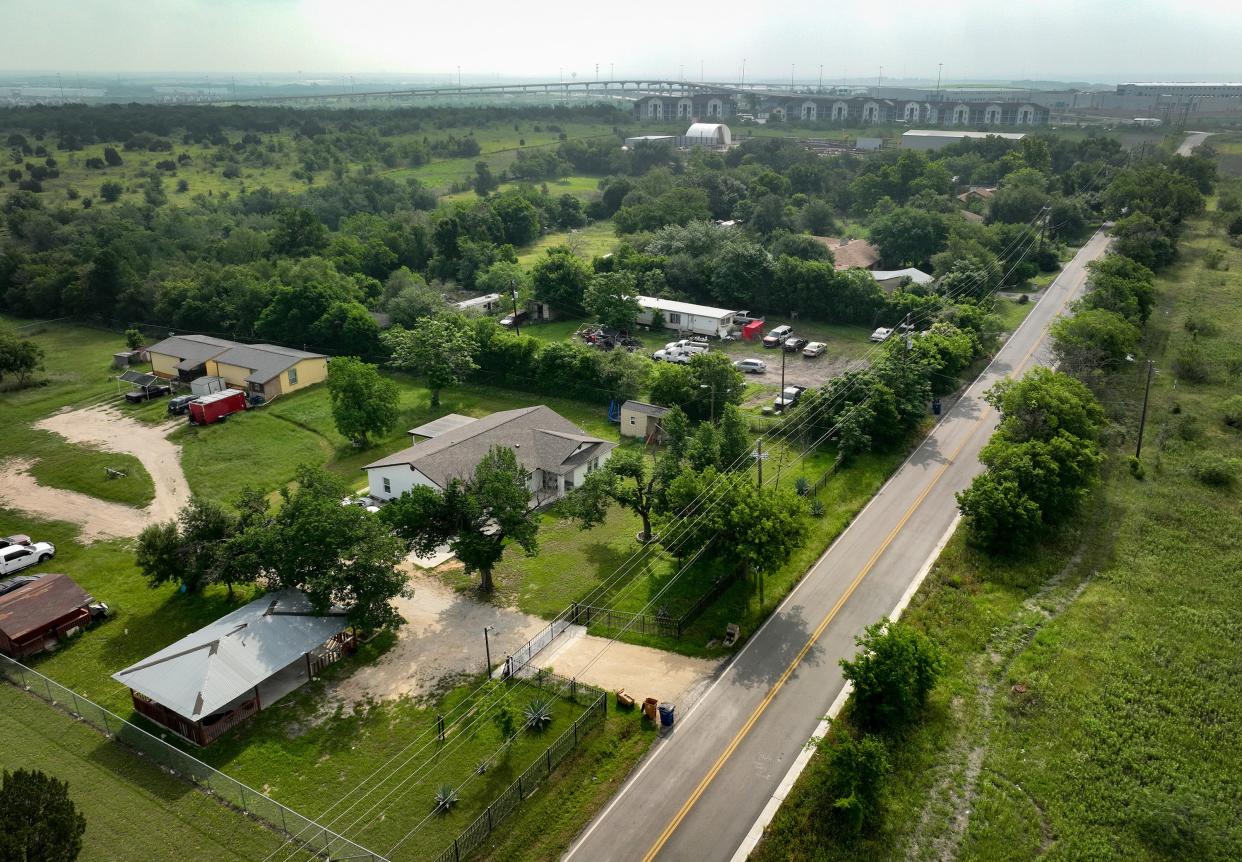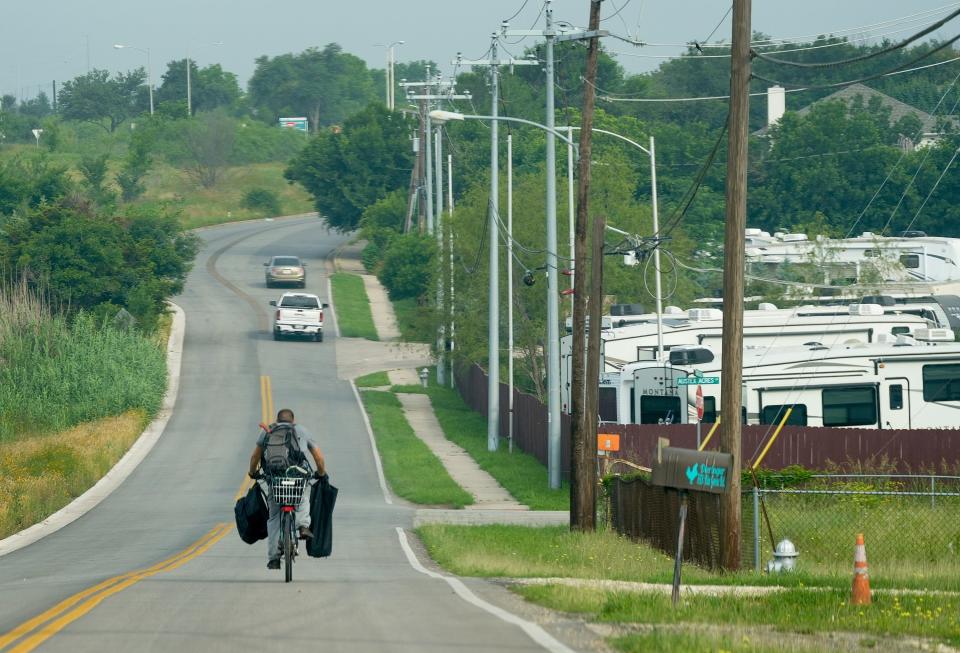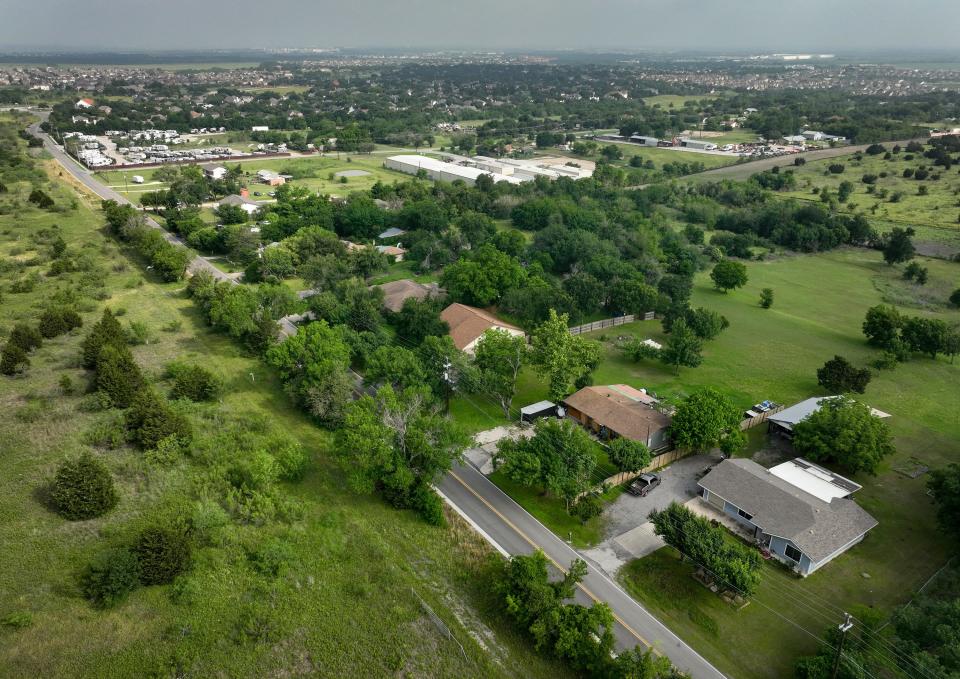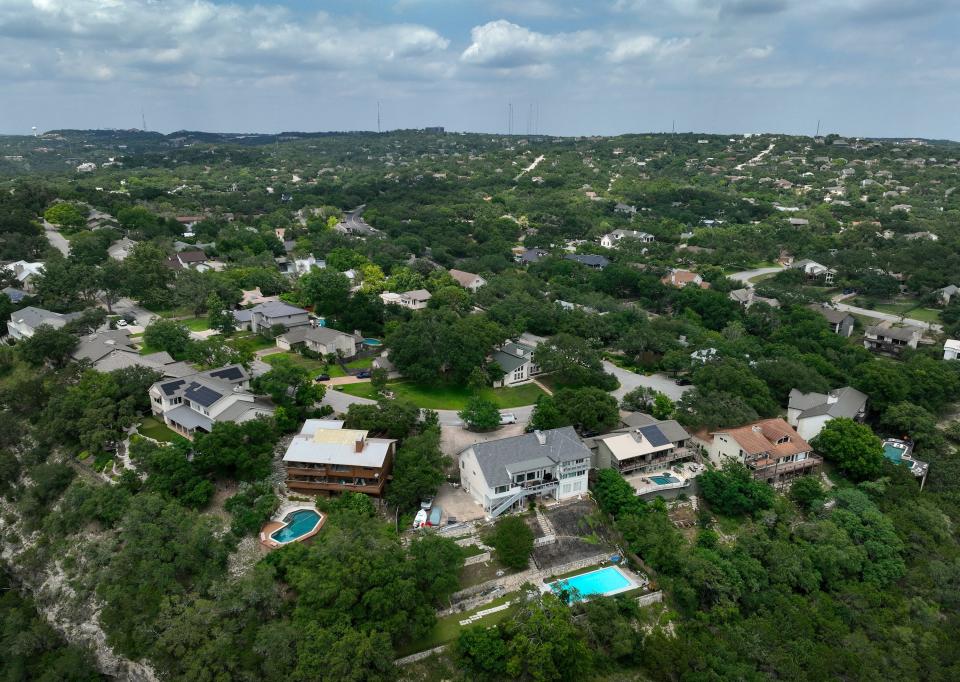Only handful of voters participated in some Austin disannexation propositions. Were they aware?

It was by the sparsest of votes.
The vote to disannex from, or leave, the city of Austin passed in two periphery tracts by margins of three votes in one and a single vote in another during last Saturday’s local election. In the races for both of those tracts — Blue Goose Road in the city's northeast and River Place Outparcels in the northwest — the votes to leave were the only ones cast.
Residents of six Austin tracts had the chance to vote on disannexation after the Legislature passed House Bill 3053 last year. That law required cities of more than 500,000 people to hold disannexation elections for inhabited areas that they had annexed between March 3, 2015, and Dec. 1, 2017. Propositions for two other such tracts in Austin — Wildhorse/Webb and the Moreland addition — saw no votes, a result that kept both parcels within the city. Votes on the two largest tracts went opposite ways. The 783-acre Lost Creek community voted overwhelmingly, 91%, to leave the city while the 40.5-acre Lennar at Malone subdivision voted 98% to stay.
The small vote totals in Blue Goose Road and River Place Outparcels are partially the result of the small number of lots in both. The Blue Goose Road tract, for example, consists of seven residential lots and an RV park home. Low voter awareness about the vote and its effects also appeared to have played a factor in the sparse turnout.
Blue Goose Road resident Yessica Velez said she and her husband, who own their home, “would’ve wanted to know what was best for us” and would have voted if they had understood the proposition.
Velez and her husband, Luis Nolasco, have lived on Blue Goose Road for 18 years, owning their home for the last two. Seeing “Manor” on their postal address, the couple said they were unsure what municipality they belonged to until informed by the American-Statesman.

“We’re not Manor, and we’re not Austin. We belong to no one,” Velez said in Spanish as they talked about the election's results.
“We’re the lost ones,” Nolasco replied in Spanish, as he took off his cap to scratch his head.
Being in or out of the city can influence service providers, including fire, police and trash collection. It can also influence tax rates. Just how costs vary will in part depend on Blue Goose residents, who will now have to find a private garbage pickup service and a new emergency services provider.
In the run-up to the election, the only information Velez received was a flyer that confused her and her husband.
In English and Spanish, the handout said under the bold lettering “Important vote”:
“For years, Austin city hall aggressively annexed property owners in the surrounding regions without their consent. The city’s property rights abuses effectively continued until the last possible moment. But now, at least half-dozen of those aggrieved communities will have a chance to de-annex themselves, if they so choose.
“YOU can get out of that! Vote YES on proposition C!”
Unsure what to do about it, the couple ignored it.

Another Blue Goose Road resident, who said she has lived on her property for 50 years, said she learned about the vote when a neighbor left her a copy of that flyer.
Not being able to come to a strong conclusion on the effects, she decided to leave that part of her ballot blank.
The city did not communicate with residents about the vote to comply with HB 3053, which prohibited municipalities from spending money “on promotional campaigns or advocacy related to the election,” city spokesperson Shelley Parks said.
John Lawler, a spokesperson for Austin City Council Member Natasha Harper-Madison, who represents District 1 in northeastern Austin, declined to comment on the question of voter education surrounding the votes and referred the Statesman to the city’s comment.
“We are keeping a close eye on the recent votes to deannex, and are working proactively with our partners at Travis County to bring community benefits and infrastructure to areas like the North East Planning District," Lawler said in a statement. "We intend to clearly illustrate the immediate and long term value in remaining within the City of Austin and its" extraterritorial jurisdiction.
More: How a proposed agreement between Austin, Travis County could benefit northeast area

Vote brings end to Lost Creek saga
The largest tract in Austin with a disannexation vote, Lost Creek, saw 91.3% of its residents vote to leave Austin. The southwestern neighborhood resisted Austin’s annexation attempts for more than a decade before it was annexed in 2015.
Disannexation support in the community was well organized. On a website, proponents of disannexation shared arguments supporting the cause and shared information on where to vote.
Previously: Lost Creek braces for annexation
“The City of Austin annexed Lost Creek to increase its tax base and improve its bond rating. … There’s no library, bus stop, etc. Lost Creek residents are being taxed for city services that it does not receive,” the website read.
What happens next?
Parks said the city will now distribute notices about the disannexation to communities that passed their propositions. The City Council will vote to amend the city boundaries. The city will also commence a transition plan for services.
This article originally appeared on Austin American-Statesman: Austin tracts leave city after disannexation vote few participated in

